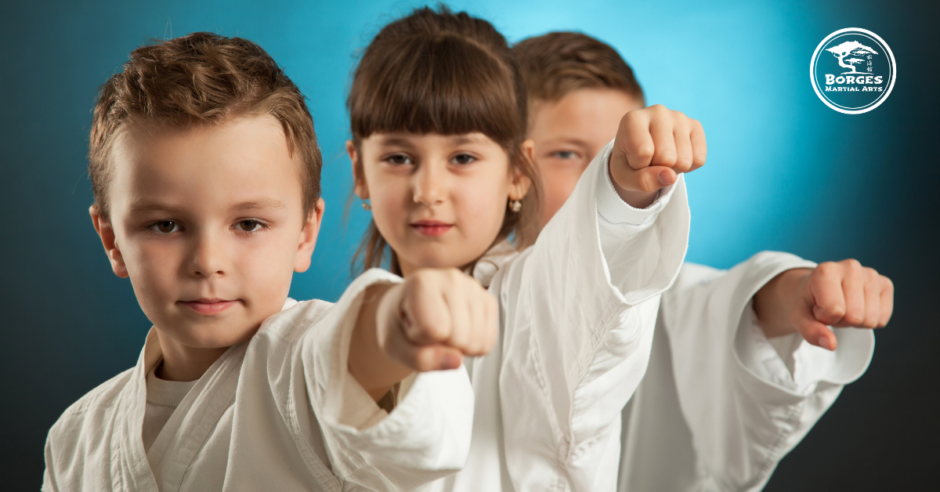Why Early Failure is Essential in Karate

As karate instructors at BMA, we have the privilege of teaching students of all ages, from those who are just learning how to make a proper fist, to retirees who are trying something new and stepping on the mat for the first time. Regardless of age, learning to fail and lose gracefully is essential, however it can be especially difficult when teaching this lesson to our youngest students. In this week’s blog post, we’re reaching out to our awesome dojo parents to remind them that while facing failure is difficult in the moment and can often lead to big emotions, it’s essential for children’s emotional development and overall fortitude as they grow.
Failure as a Stepping Stone to Success
In karate, failure is not just an obstacle, it’s a fundamental part of the journey toward improvement. When a student struggles with a particular kata, fails a stripe test, or doesn’t medal at a tournament, it can be frustrating. Tears and tantrums aren’t uncommon, and it can make parents want to avoid these unpleasant moments along the way. However, it’s through these struggles that they learn resilience, problem-solving, and perseverance. Every missed mark is a valuable lesson in disguise. We know this as adults, but often times when it comes to our children, we would rather remove the mountain than give them the tools and skills to learn how to climb it. It takes more effort, more patience, and will probably receive some pushback, but the long term returns can be game-changing. By learning to fail and then picking themselves up, students discover how to adapt, regulate, and in the process, build a tolerance for failure and a foundation for grit.
Building Resilience Through Early Failure
Children are naturally more adaptable and resilient than adults often give them credit for. When they experience failure early on, even as young as the 3 and 4 year-olds in our Early SKILLZ program, they are more likely to develop a growth mindset – the belief that their abilities can be developed through determination and hard work. In the dojo, a young student who learns to cope with failure is more likely to approach challenges with determination and a positive attitude over time. This is exactly why we teach the skill of Perseverance in our 7-9 year-old Core SKILLZ program! This resilience extends beyond karate, and can positively impact their academic performance, athletic endeavors, social interactions, and personal development.
Creating a Safe Space for Growth
In our dojo, failure is met with encouragement, not criticism. The supportive environment we’ve cultivated at BMA allows students to be vulnerable and take risks without fear of judgment. When a student attempts a new kata, technique, or skill, the focus is on the effort and the lessons learned, not just the end result. By normalizing and accepting failure and treating it as a natural part of the learning process, we help students build confidence and a sense of security in their abilities.
Celebrating Small Victories Along the Way
While failure is an important aspect of growth, it’s equally important to celebrate the small victories and progress made along the way. Recognizing and rewarding these achievements boosts morale and reinforces the idea that effort and persistence lead to success. In our dojo, we celebrate every improvement, no matter how small, which helps students stay motivated and focused on their journey. Parents, you should be doing the same! If your child fails a skill stripe test or is the only one in the group who couldn’t remember their kata, but they showed great effort, had awesome stances, and listened well to their instructors, there is still reason to commend and acknowledge them. This isn’t celebrating failure – it’s pointing out where they are still growing and excelling in order to foster a positive growth mindset.
Teaching young karate students to embrace failure is one of the most valuable lessons they can learn. It builds resilience, fosters a growth mindset, and equips them with the skills necessary to overcome challenges both inside and outside the dojo. By creating a supportive environment where failure is viewed as a natural part of the learning process, we can empower our students to approach life with confidence, grit, and determination. So the next time your karate kiddo stumbles or falters, remember that they are not just learning karate—they are learning how to navigate and excel in a world where failure is not the end, but a key stepping stone to success.
